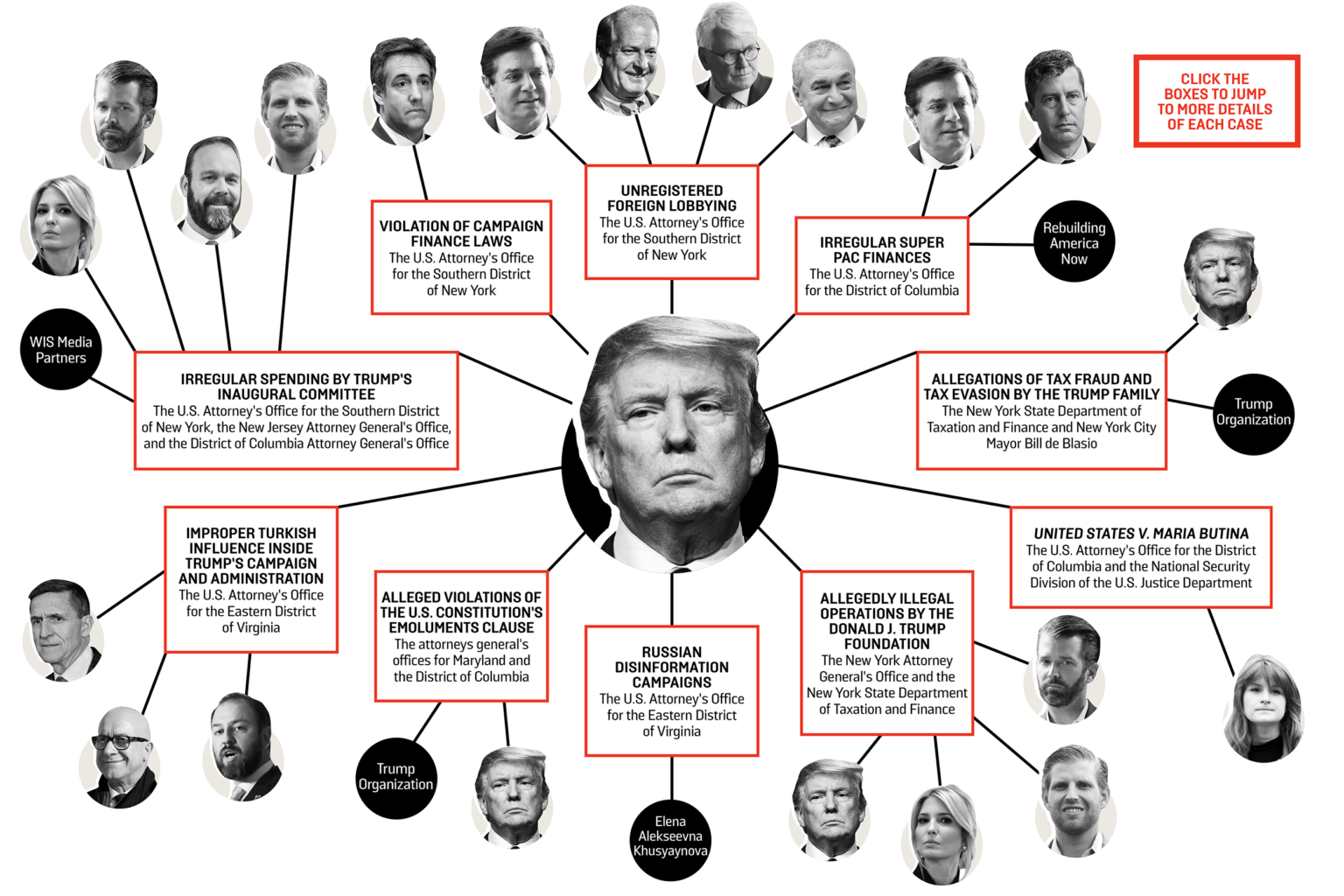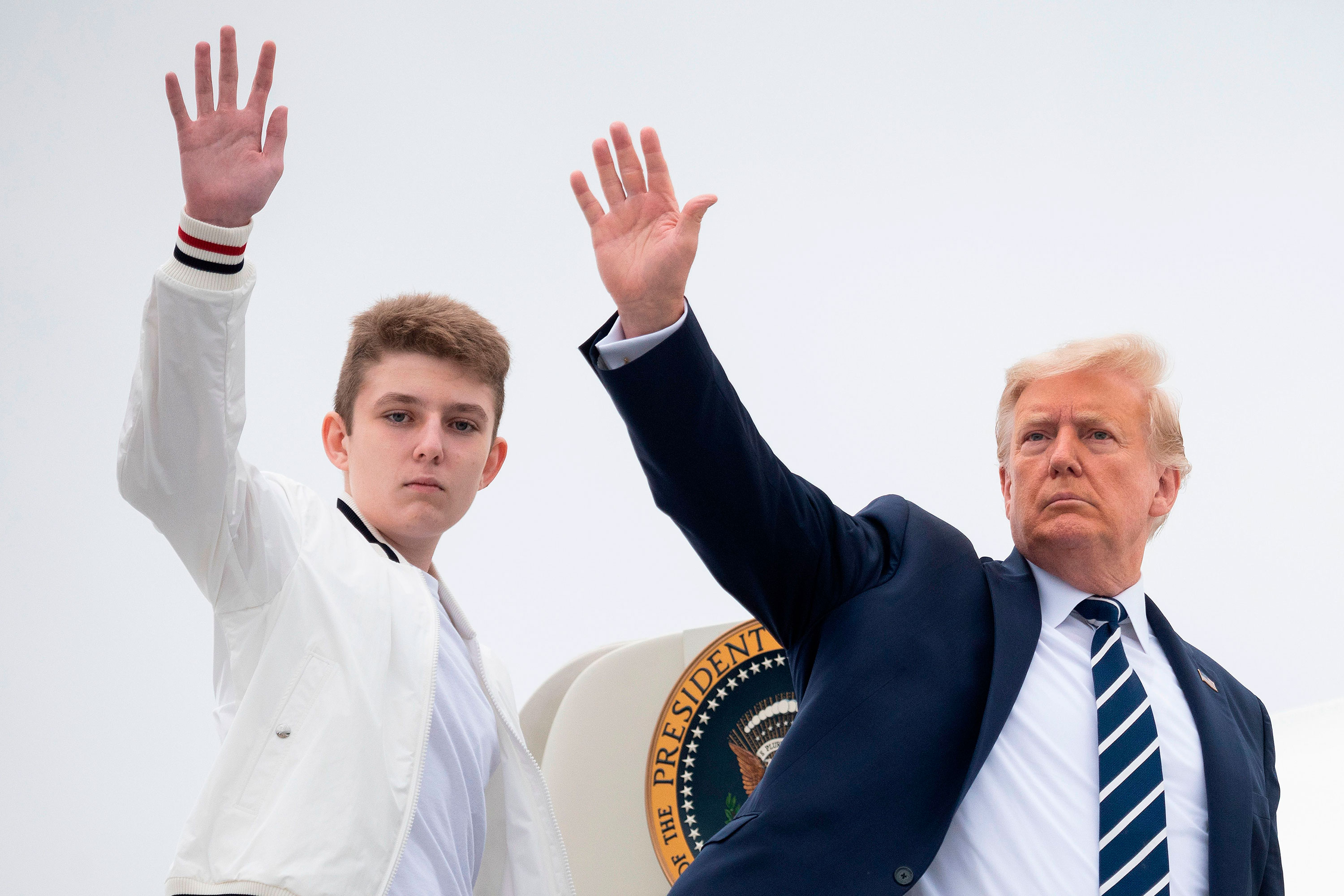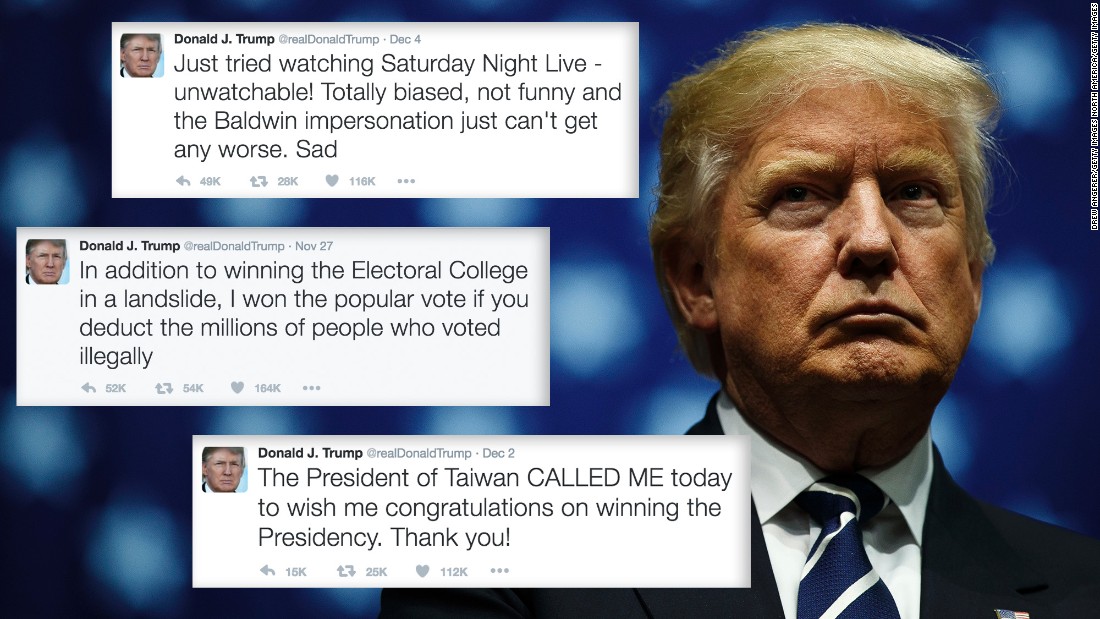The Surprising Truth About Trump's IQ: Unraveling Myths And Misconceptions
As a central figure in politics, media, and business, Donald Trump's IQ has been a subject of public curiosity and speculation. While no official IQ test results have been released, estimates and opinions abound.
IQ, or Intelligence Quotient, is a measure of cognitive abilities such as reasoning, problem-solving, and abstract thinking. It is typically measured through standardized tests and expressed as a score.
The importance of IQ lies in its association with academic success, career achievements, and overall cognitive functioning. However, it is crucial to note that IQ is not the sole determinant of an individual's intelligence or potential.
Transitioning to the main article topics, we will explore the various aspects related to "trumps iq", examining its significance and implications.
trumps iqIntroduction
Cognitive AbilitiesIntroduction
Intelligence and SuccessIntroduction
trumps iq
Intelligence Quotient (IQ) has been a subject of curiosity and speculation, especially in relation to prominent figures like Donald Trump. While no official IQ test results have been released, various estimates and opinions exist. Exploring the key aspects of "trumps iq" provides insights into the multifaceted nature of intelligence and its implications.
- Cognitive Abilities: Reasoning, problem-solving, and abstract thinking are crucial cognitive abilities measured by IQ tests.
- Success Correlation: IQ scores have been associated with academic success, career achievements, and overall cognitive functioning.
- Test Limitations: IQ tests have faced criticism for cultural biases, environmental influences, and narrow scope of measured abilities.
- Nature vs. Nurture: The debate on the relative contributions of genetics and environment to IQ remains ongoing.
- Multiple Intelligences: Recent theories suggest that intelligence extends beyond traditional IQ measures, encompassing emotional, social, and creative abilities.
These key aspects highlight the complexity of "trumps iq" and the ongoing discussions surrounding intelligence. While IQ tests provide a quantitative assessment of certain cognitive abilities, they do not fully capture the multifaceted nature of intelligence. To gain a comprehensive understanding, it is essential to consider a broader perspective that encompasses diverse aspects of cognitive functioning and acknowledges the influence of both innate abilities and environmental factors.
Cognitive Abilities
Cognitive abilities, particularly reasoning, problem-solving, and abstract thinking, are central to the assessment of intelligence through IQ tests. These abilities play a crucial role in various aspects of daily life and are essential for success in many fields.
- Reasoning
Reasoning involves the ability to apply logic and make sound judgments based on available information. It is essential for decision-making, critical thinking, and forming coherent arguments. In the context of "trumps iq", reasoning abilities are often discussed in relation to his decision-making processes and his use of rhetoric. - Problem-Solving
Problem-solving encompasses the capacity to identify and solve problems effectively. It requires the ability to analyze situations, generate creative solutions, and implement them successfully. In the context of "trumps iq", problem-solving abilities are often examined in relation to his handling of complex issues and his capacity to navigate challenging situations. - Abstract Thinking
Abstract thinking involves the ability to think beyond concrete objects and representations, and to reason about abstract concepts and ideas. It is essential for creativity, innovation, and understanding complex theories. In the context of "trumps iq", abstract thinking abilities are often discussed in relation to his capacity to grasp complex ideas and his ability to think strategically.
These cognitive abilities are interconnected and form the foundation for intelligent behavior. While IQ tests provide a quantitative measure of these abilities, it is important to note that intelligence is a multifaceted concept and encompasses a wider range of cognitive and non-cognitive factors.
Success Correlation
The correlation between IQ scores and success has been a subject of extensive research and debate. While IQ tests do not measure all aspects of intelligence, they have been found to be predictive of certain types of success, particularly in academic and professional settings.
- Academic Success
IQ scores have been consistently linked to academic performance. Studies have shown that students with higher IQ scores tend to perform better in school, earn higher grades, and are more likely to attend college. In the context of "trumps iq", his academic achievements, including graduating from the Wharton School of the University of Pennsylvania, may be viewed in relation to this correlation. - Career Achievements
IQ scores have also been associated with career success. Individuals with higher IQ scores are more likely to work in high-status occupations, earn higher salaries, and achieve leadership positions. In the context of "trumps iq", his successful career in business and his ability to amass wealth may be examined in relation to this correlation. - Cognitive Functioning
IQ scores have been found to be correlated with overall cognitive functioning. Individuals with higher IQ scores tend to have better memory, attention, and problem-solving skills. This correlation suggests that IQ tests may measure underlying cognitive abilities that are essential for success in various aspects of life.
It is important to note that the correlation between IQ scores and success is not absolute. Many factors, including personality traits, motivation, and social circumstances, can influence an individual's success. Additionally, IQ tests are not without their limitations and criticisms. However, the correlation between IQ scores and success remains a significant finding that has implications for education, career counseling, and our understanding of human potential.
Test Limitations
While IQ tests have been widely used to assess intelligence, they have also faced criticism for potential limitations and biases that may affect their accuracy and fairness.
- Cultural Biases
IQ tests have been criticized for being biased towards certain cultural backgrounds and socioeconomic groups. The tests may favor individuals who are familiar with the language, values, and experiences that are embedded in the test questions. In the context of "trumps iq", this raises questions about whether his IQ score accurately reflects his cognitive abilities or whether it may have been influenced by his upbringing and educational background. - Environmental Influences
IQ tests have also been criticized for not fully accounting for the role of environmental factors in shaping intelligence. Factors such as nutrition, early childhood experiences, and access to quality education can significantly impact cognitive development. In the context of "trumps iq", it is important to consider the advantages and opportunities he may have had throughout his life that could have contributed to his cognitive abilities, beyond what an IQ test might measure. - Narrow Scope of Measured Abilities
IQ tests have been criticized for measuring a narrow range of cognitive abilities, primarily focusing on verbal and mathematical skills. They may not fully capture other important aspects of intelligence, such as creativity, emotional intelligence, or practical problem-solving abilities. In the context of "trumps iq", this raises questions about whether his IQ score provides a complete picture of his overall cognitive strengths and weaknesses.
These limitations highlight the complexities of measuring intelligence and the need for a multifaceted approach that considers both innate abilities and environmental influences. While IQ tests can provide valuable insights, it is essential to be aware of their potential limitations and to interpret the results with caution, especially when making comparisons or drawing conclusions about individuals or groups.
Nature vs. Nurture
The nature vs. nurture debate has long been a central topic in the study of intelligence, including in relation to "trumps iq." This debate explores the relative contributions of genetics (nature) and environment (nurture) to the development of intelligence, including cognitive abilities measured by IQ tests.
In the context of "trumps iq," understanding the interplay between nature and nurture is crucial. His genetic makeup and inherited traits may have provided a foundation for his cognitive abilities. However, his upbringing, educational experiences, and life circumstances have also likely played a significant role in shaping his intelligence.
Research suggests that both genetics and environment contribute to IQ, with heritability estimates ranging from 40% to 80%. This means that a substantial portion of the variation in IQ scores can be attributed to genetic factors, while the remaining variation is influenced by environmental factors.
For example, studies have shown that children who are adopted into families with higher socioeconomic status tend to have higher IQ scores than those adopted into families with lower socioeconomic status. This suggests that environmental factors, such as access to quality education, nutrition, and cognitive stimulation, can have a significant impact on IQ development.
In the case of "trumps iq," it is difficult to separate the effects of nature and nurture. His genetic inheritance may have provided him with certain cognitive advantages, but his upbringing in a wealthy and privileged environment undoubtedly also contributed to his intellectual development.
Understanding the nature vs. nurture debate is crucial for interpreting "trumps iq" and assessing the factors that have shaped his cognitive abilities. It highlights the importance of considering both genetic predispositions and environmental influences when evaluating intelligence and human potential.
Multiple Intelligences
The theory of multiple intelligences challenges the traditional view of intelligence as a single, general factor measured by IQ tests. Instead, this theory proposes that intelligence is multifaceted, consisting of a range of distinct abilities, including emotional, social, and creative skills. This broader perspective on intelligence has implications for our understanding of "trumps iq" and the complexities of human cognition.
Emotional intelligence, for example, encompasses the ability to understand and manage one's own emotions, as well as to recognize and respond appropriately to the emotions of others. This type of intelligence is crucial for success in interpersonal relationships, leadership, and many other areas of life. In the context of "trumps iq," considering his emotional intelligence can provide insights into his ability to connect with voters, manage conflicts, and navigate the complex social dynamics of politics.
Social intelligence, on the other hand, refers to the ability to interact effectively with others, build relationships, and function smoothly within social groups. Individuals with high social intelligence are often skilled at communication, collaboration, and conflict resolution. Understanding "trumps iq" through the lens of social intelligence can shed light on his ability to build alliances, negotiate deals, and mobilize support for his political agenda.
Creative intelligence involves the ability to generate new ideas, think outside the box, and find innovative solutions to problems. This type of intelligence is essential for artistic endeavors, scientific discovery, and entrepreneurial success. Examining "trumps iq" in relation to creative intelligence can provide insights into his ability to develop unconventional strategies, adapt to changing circumstances, and envision new possibilities.
Recognizing the significance of multiple intelligences allows for a more comprehensive assessment of "trumps iq." Beyond traditional measures of cognitive abilities, considering his emotional, social, and creative skills provides a more holistic understanding of his strengths and weaknesses. This broader perspective is crucial for evaluating his effectiveness as a leader, his ability to connect with people, and his potential to bring about meaningful change.
FAQs on "trumps iq"
Exploring common questions and providing informative answers about "trumps iq" can enhance understanding and address misconceptions.
Question 1: What is the significance of IQ in understanding "trumps iq"?
IQ, or Intelligence Quotient, is a measure of cognitive abilities, encompassing reasoning, problem-solving, and abstract thinking. While no official IQ test results have been released for Donald Trump, estimates and opinions abound. Understanding his IQ can provide insights into his cognitive strengths and weaknesses, potentially informing his decision-making processes and strategic thinking.
Question 2: How do environmental factors influence "trumps iq"?
Environmental factors play a significant role in shaping intelligence, including "trumps iq." His upbringing, educational experiences, and life circumstances have likely contributed to his cognitive development. Socioeconomic status, access to quality education, and early childhood experiences can all impact cognitive abilities. Considering these environmental influences provides a more comprehensive understanding of the factors that have shaped his intelligence.
Summary of key takeaways or final thought: Exploring "trumps iq" through the lens of FAQs addresses common questions and highlights the interplay of genetic predispositions and environmental factors. Understanding the complexities of intelligence and its multifaceted nature is crucial for evaluating human potential and assessing the cognitive abilities of individuals like Donald Trump.
Conclusion on "trumps iq"
Exploring "trumps iq" reveals the multifaceted nature of intelligence and the interplay of genetic predispositions and environmental factors. While no official IQ test results have been released, estimates and opinions abound, providing insights into his cognitive strengths and weaknesses.
Understanding the complexities of intelligence is crucial for evaluating human potential and assessing the cognitive abilities of individuals like Donald Trump. Beyond traditional measures of cognitive abilities, considering emotional, social, and creative skills provides a more holistic understanding of his strengths and weaknesses. This broader perspective is essential for evaluating his effectiveness as a leader, his ability to connect with people, and his potential to bring about meaningful change.

The legal reckoning awaiting Trump if he loses to Biden Ya Libnan

President Trump has mild symptoms, official says

Donald Trump's tweets as presidentelect, annotated